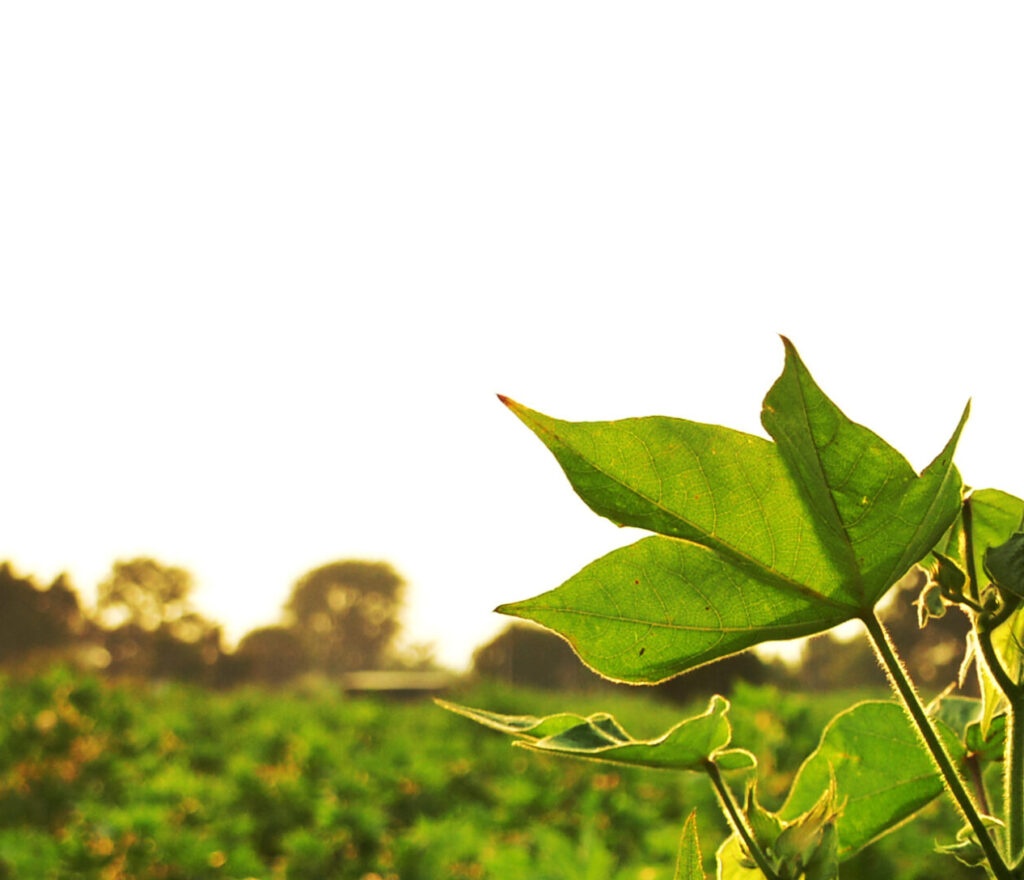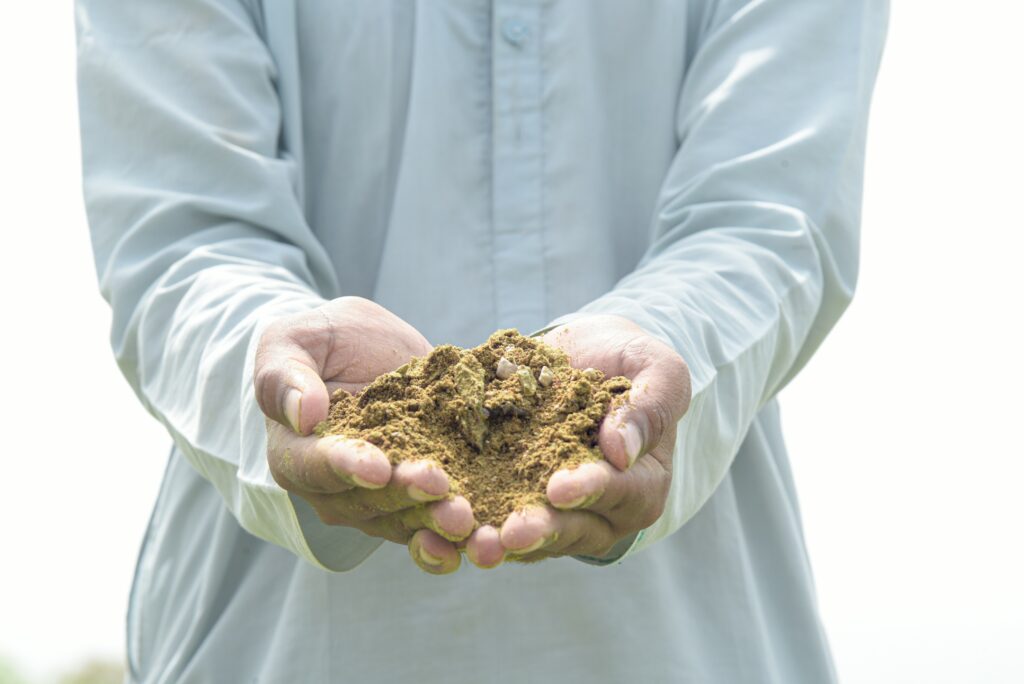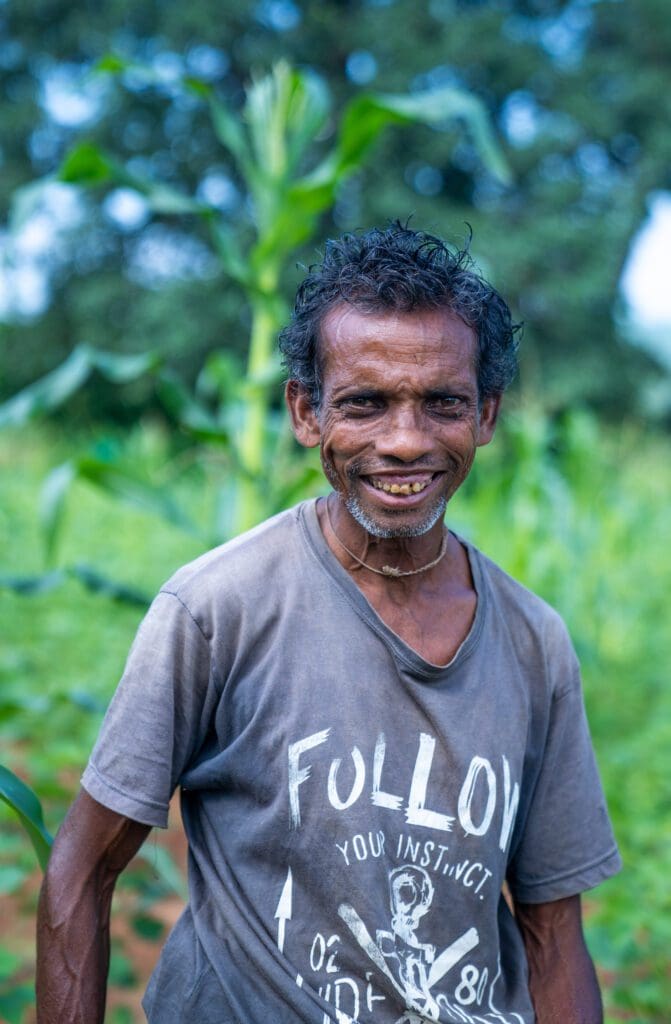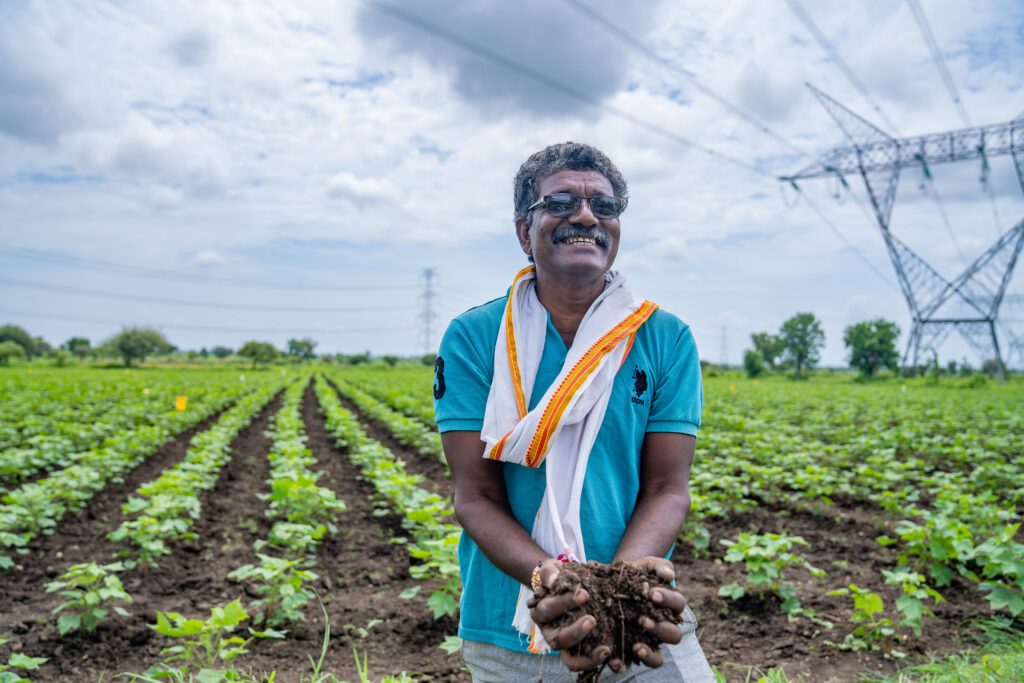 India
India Driving organic farming forward Nisar Khan lives in the quaint village of Kali Kachar Shahjan, nestled in the heart of Kohlu, Pakistan. Much like many other residents in this province, Nisar’s livelihood revolves around agriculture, specifically cotton cultivation, a staple crop in the region.
Cultivating cotton comes with its fair share of challenges. On top of being a physically demanding work, cotton is notorious for being one of the most resource-intensive crops; it takes 10,000 litres of water to produce 1 kilogram of cotton. The need for expensive fertilisers and pesticides to ensure a thriving harvest further strains the already tight budget of farmers like Nisar and his family, as of many others in the region, where making a decent living can be challenging.
When things seemed to be turning for the worse, with the rise of inflation and worsening climate conditions for cotton cultivation, Nisar decided to switch to organic cotton cultivation.
Why organic farming?
It offers farmers a path to better income while safeguarding the earth’s health and resources. By going organic, farmers like Nisar can fetch higher prices for their cotton while saving on expensive synthetic fertilisers, which are a no-go in organic farming in favour of more sustainable alternatives.
Beyond improving farmers’ lives, organic farming helps reduce greenhouse gas emissions, stores significant amounts of carbon, and equips farmers to adapt to a changing climate, making it a valuable ally in the fight against climate change.
With the changes I made this year, the expenses of my cotton farm went down, and my income improved. I’m so happy I switched to organic farming! I’ll make sure never to go back to polluting chemical fertilisers.
As Nisar’s story shows, organic farming can benefit farmers, their communities, and their lands. However, the three-year-long conversion period from conventional to organic farming can be demanding as farmers may experience lower yields, are unable to claim the organic premium payment, and may encounter difficulties in sourcing non-genetically modified seeds. So it’s no surprise that many smallholders require additional support during the transition, which is why OCA exists.
OCA focuses on creating the conditions for organic cotton to thrive – by putting farmers first. We’ve been supporting farmers in navigating their everyday challenges by equipping them with the training, support, and other critical inputs they need to switch to organic farming while creating a secure market for them to sell their cotton.
Currently, organic cotton accounts for 1.4% of total global cotton production – we want to scale that number by supporting farmers in switching to and sticking with organic cotton farming. Join OCA and support our programmes to drive the next generation of organic cotton supply. Let’s unleash the potential of organic cotton together!





